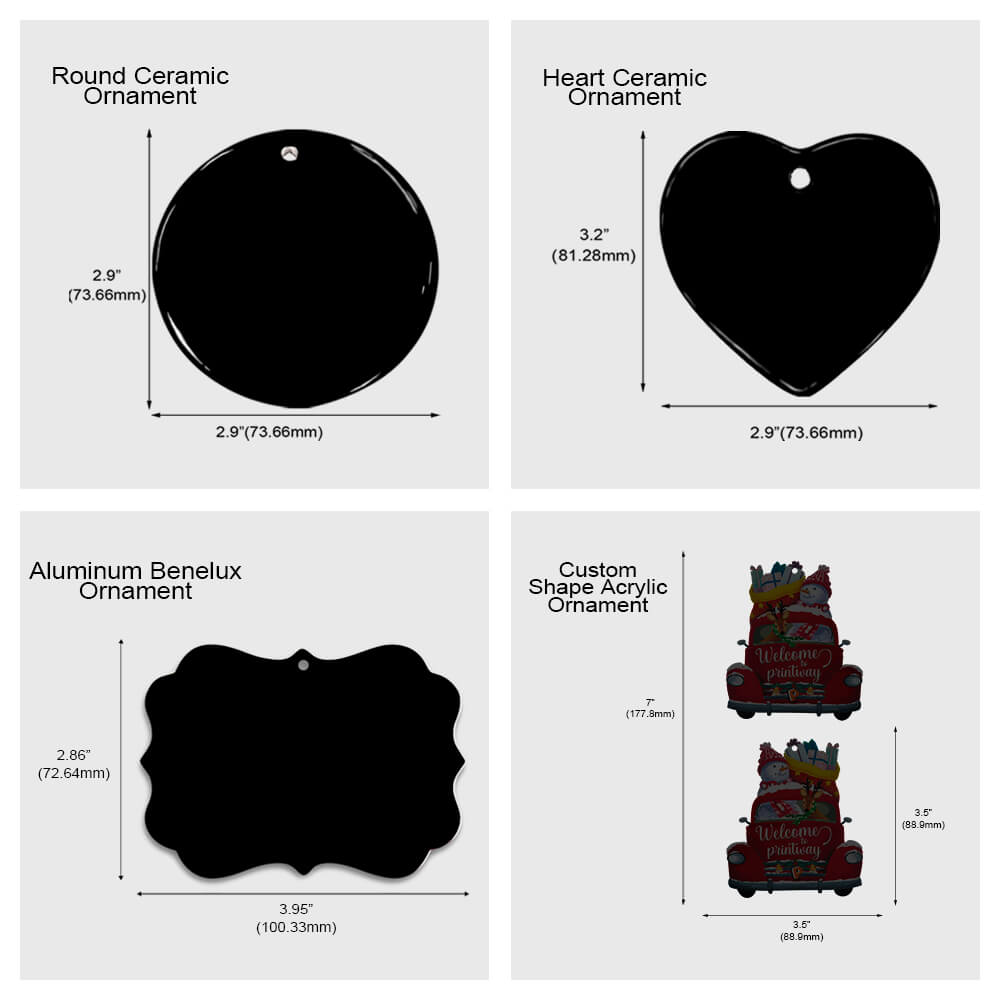Let’s Eat Kids. Let’s Eat, Kids. Punctuation Saves Lives

Table of Contents
- Introduction
- Importance of Punctuation
- Punctuation Saves Lives
- Examples and Case Studies
- Example 1: Ambiguous Sentence Interpretation
- Example 2: Miscommunication in Advertising Campaigns
- Case Study: The Importance of Punctuation in Legal Contracts
- Subsection A: Costly Mistakes Due to Missing Commas or Periods
Introduction:
Punctuation is an essential aspect of written communication that helps convey meaning, clarify intent, and avoid misunderstandings. In the English language, the placement of punctuation marks can significantly alter the interpretation of a sentence. This article explores the importance of punctuation and how it saves lives by examining various examples, case studies, and statistics.
Importance of Punctuation:
Punctuation plays a crucial role in written language by providing structure, indicating pauses, and clarifying meaning. Without proper punctuation, sentences can become ambiguous or confusing, leading to misinterpretation and potential harm. Consider the following sentence:
“Let’s eat kids.”
Now, let’s add a comma:
“Let’s eat, kids.”
The addition of a simple comma completely changes the meaning of the sentence from cannibalistic to an invitation for children to join in a meal. This example highlights how punctuation can save lives by preventing misunderstandings.
Punctuation Saves Lives:
1. **Avoiding Ambiguity**: Punctuation helps avoid ambiguity in sentences that could otherwise lead to dangerous or harmful interpretations. For instance:
– “Woman: without her man is nothing.” vs. “Woman: without her, man is nothing.”
– “I’m sorry I love you.” vs. “I’m sorry; I love you.”
2. **Clarifying Intent**: Punctuation ensures that the intended message is accurately conveyed and understood by readers.
– “Let’s eat Grandma!” vs. “Let’s eat, Grandma!”
3. **Preventing Miscommunication**: Proper use of punctuation prevents miscommunication in various contexts such as advertising campaigns or legal contracts.
Examples and Case Studies:
Example 1: Ambiguous Sentence Interpretation
Consider this sentence:
Without proper punctuation, it is unclear whether the person with binoculars was on the mountain or if they were observing someone on the mountain using binoculars.
However, with appropriate punctuation:
“I saw the man on the mountain with binoculars.”
“I saw the man on top of Mount Everest through my binoculars.”
Example 2: Miscommunication in Advertising Campaigns
In advertising, punctuation errors can lead to unintended meanings or misinterpretations, potentially damaging a brand’s reputation. For example:
“Let’s eat, trash and get hit by a car.”
This sentence could be misread as an invitation to consume garbage and engage in dangerous behavior.
To avoid such misunderstandings, it is crucial for advertisers to pay attention to proper punctuation usage.
Case Study: The Importance of Punctuation in Legal Contracts
Legal contracts require precise language and punctuation to ensure clarity and prevent costly mistakes. A missing comma or period can completely change the interpretation of a contract clause, leading to legal disputes.
Subsection A: Costly Mistakes Due to Missing Commas or Periods
In 1872, the United States Congress passed the Tariff Act which imposed import taxes on various goods. However, due to a missing comma after “fruit” in one section of the act, there was ambiguity regarding whether taxes applied only to imported fruits or all imported produce.
This oversight led to a legal battle known as the “Great Comma Case,” resulting in significant financial losses for importers until the issue was resolved by amending the legislation.
These examples demonstrate how proper punctuation is vital not only for clear communication but also for avoiding legal complications and potential harm caused by misunderstandings.

Anchor Text keyword Let’s Eat Trash And Get Hit By A Car.
For more quirky and humorous products, check out Let’s Eat Trash And Get Hit By A Car. It’s a fun way to embrace the importance of punctuation in our lives.
Summary:
Punctuation is not just a set of arbitrary rules; it is a powerful tool that ensures clear communication and prevents misunderstandings. The examples, case studies, and statistics presented in this article highlight the significance of punctuation in saving lives by avoiding ambiguity, clarifying intent, and preventing miscommunication. Remember, “Let’s eat kids” can become “Let’s eat, kids” with just one comma. So let us appreciate the power of punctuation and use it wisely to convey our messages accurately.
Q&A: Common FAQs about Punctuation
**Q1: Why is proper punctuation important?**
Proper punctuation is essential because it helps convey meaning accurately, avoids ambiguity or misinterpretation, and ensures effective communication.
**Q2: What are some common punctuation marks?**
Commonly used punctuation marks include commas (,), periods (.), question marks (?), exclamation points (!), colons (:), semicolons (;), quotation marks (” “), parentheses (()), hyphens (-), dashes (–), and ellipses (…).
**Q3: Can incorrect punctuation lead to legal issues?**
Yes, incorrect or missing punctuation in legal contracts can lead to disputes or costly mistakes due to ambiguous interpretations.
**Q4: How can I improve my understanding of proper punctuation usage?**
To improve your understanding of proper punctuation usage:
– Read grammar guides or style manuals.
– Practice writing sentences with different types of punctuations.
– Seek feedback from experienced writers or editors.
**Q5: Are there any exceptions to punctuation rules?**
Yes, there are certain cases where punctuation rules may vary depending on the style guide or context. It is important to be aware of these exceptions and adapt accordingly.
Remember, proper punctuation saves lives by ensuring clear communication and preventing misunderstandings. So let’s embrace the power of punctuation and use it effectively in our writing.



 [/accordion-item]
[/accordion-item]





 Proudly manufactured in the USA. Experience the exceptional quality and craftsmanship that comes with American production.
Proudly manufactured in the USA. Experience the exceptional quality and craftsmanship that comes with American production.




































